Just because you can reach me 24/7, doesn't mean you should!! - Talk Mobile
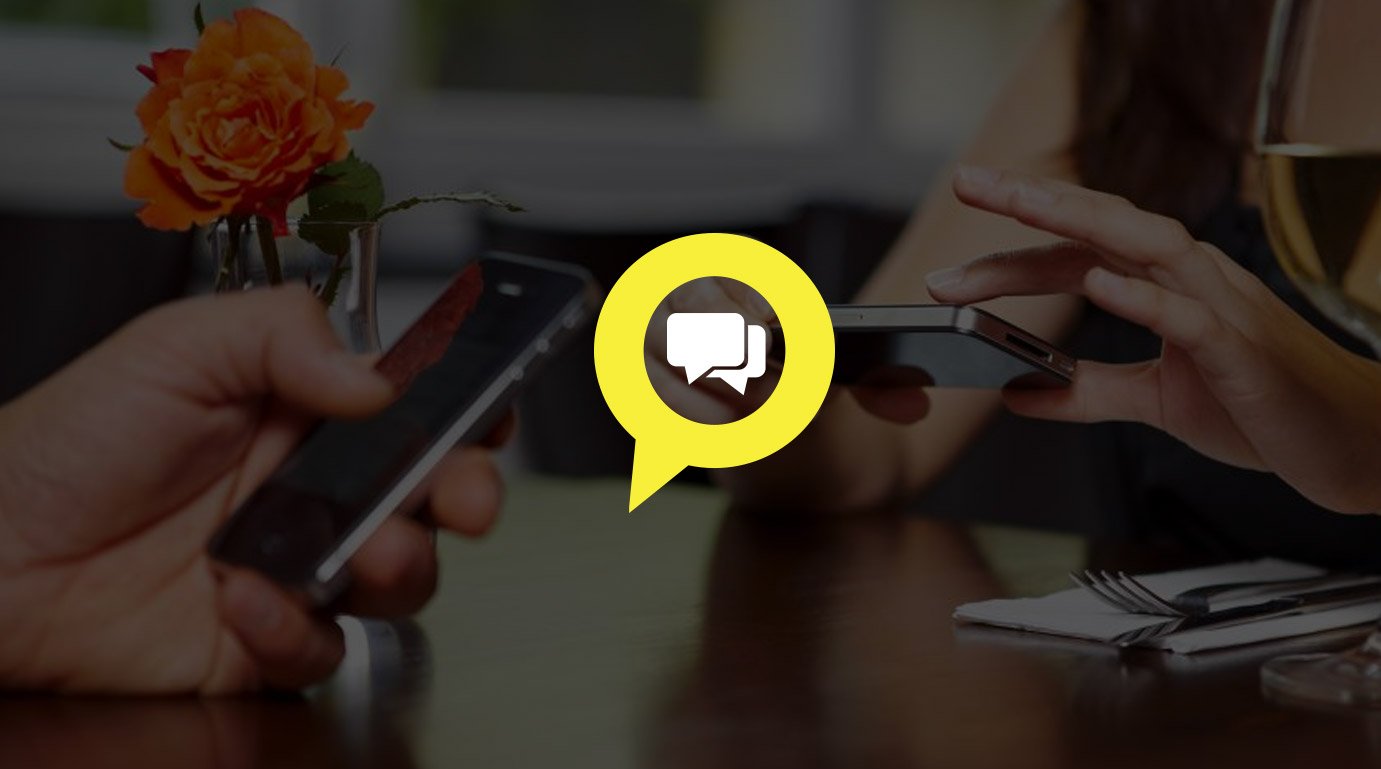
Presented by Blackberry
Talk Mobile Social
Just because you can reach me 24/7, doesn't mean you should!!
It's a phrase we've all likely heard some time, possibly even direct at ourselves: "You have to know when to stop." The advice applied to ice cream, beer, risqué jokes, and physical exertion can also apply to mobile technology. With these connected devices rarely out of arm's reach, it's sometimes difficult to know when to stop.
There are situations where any reasonable person would admit that using a smartphone would be inappropriate, but there's a huge gray area of personal judgement when it comes to the rest of life. How do we make the call between answering the digital siren call of our smartphones and giving our undivided attention what's happening in the real world right in front of us?
That digital siren call has somebody on the other end, though, a real person flesh and blood just like you. Do they have the right to your undivided attention as well? Do they even have the right to be beckoning for your attention in the first place?
Mobile technology and the internet have advanced so rapidly that we're literally making up the answers as we go along. What are the right answers?
Be an expert in 5 minutes
Get the latest news from Android Central, your trusted companion in the world of Android
Let's get the conversation started!
By Daniel Rubino, Kevin Michaluk, Phil Nickinson & Rene Ritchie
Play




Social etiquette
Social etiquette

Kevin Michaluk CrackBerry
I have trouble keeping it in my pants
Here's the thing, you need to know if you have a message, so you need to see your phone. And once you see your phone, if you see you have a message, you have to see that message. And who it's from. And then you need to reply. It's impossible to ignore. At least for me. So let me serve as your cautionary tale, the one you point people to and say, "Don't end up like Kevin."
Unless you're in a job where being dedicated to your phone's beeps is what you're paid for, people in real life come first. When you're out with people — living, breathing people — make them the priority. Family functions, social occasions, weddings, funerals, church on sunday ... put your phone away and forget it's there.
Let me serve as your cautionary tale, the one you point to and say, 'Don't end up like Kevin.'
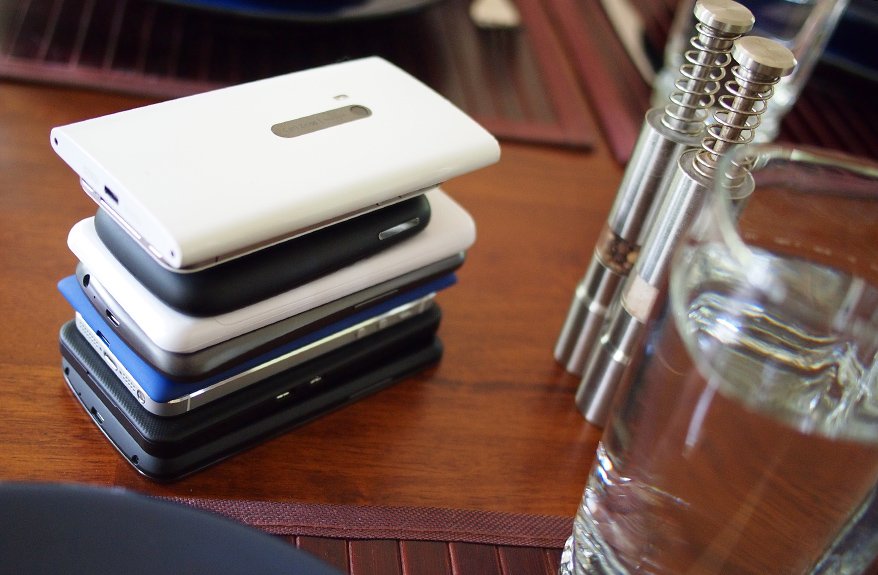
The Stack
Required supplies: Diners with cell phones, dinner or drinks, table or bar
How to play: At the start of the meal, all players must place their phones face down in a stack near the center of the table. Players are to ignore any audio, visual, or vibratory alerts issued from their device. The first player to pick up their phone is responsible for paying for the meal. If no player retrieves their phone before the close of the meal, each is responsible for their own check.
Alternative: Stacking may be initiated after ordering. Phones may be placed face down but not stacked, this heightens the tension, as phones may be easily within reach of players.
We've moved from an era where people would respond to messages a day or two later, to an hour later, to twenty seconds later. Seriously, a recent stat dropped by BlackBerry stated that over 50% of BBM users read their messages within twenty seconds. Twenty. Seconds.
While I'm going to use that to set new, even less reasonable expectations for everyone here at Mobile Nations, you should use it as an alarm bell. Not the kind you answer — it's the kind you run away from.
If you're in a social setting and you can't look at a notification light or lock screen alert without reaching for your phone, put your phone away and keep it away. Out of sight really is out of mind.
Your phone is a lot of things, but it's not your friend or your family. Put real people first, and when they're around, put your phone away.
Don't end up like me.
Q:
Do you have trouble putting down your smartphone?
313
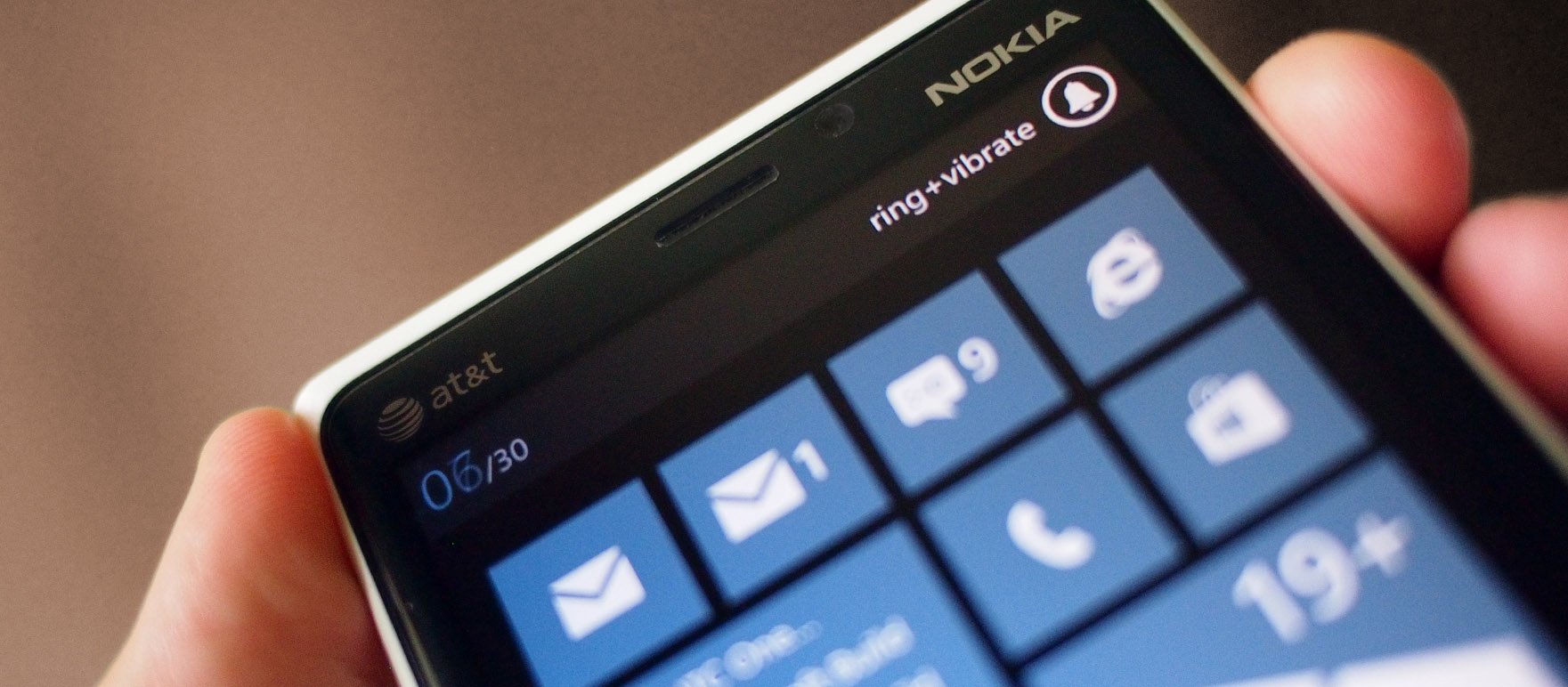

Daniel Rubino Windows Phone Central
Virtual friends, virtual relationships
The question of how much emphasis you should place on so-called "virtual friends" depends on everything from levels of interaction (messenger apps, email, or good old phone calls) to frequency to the big one: have you met in real life?
For some people, the separation between their personal life and online friends is stark: they are simply other people on the internet who mean very little in life (this is my own personal position). For others though, everything from a deep friendship to even romance can happen from just a few innocent interactions. Personality and language go a long way here as humans are extremely social creatures. If they cannot satisfy their desire for companionship in their everyday life, they will seek it elsewhere, including online. We're literally social junkies, it's in our DNA.
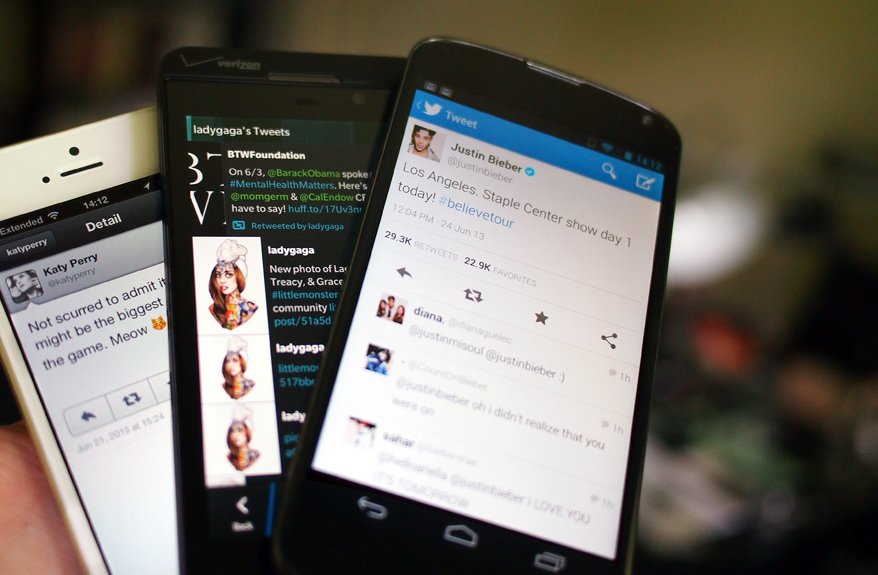
40 million friends
While Facebook until recently required that friending be a mutual relationship (users can now "subscribe" to another's news feed), Twitter has always operated on the principle of nonreciprocal following. If you follow another person, they aren't obligated to follow you. This allows for celebrities and corporations to broadcast onto Twitter without have to manage a massive influx from millions of other users.
Case in point, the top Twitter account for followers clocks in at over 40 million, but follows just over 122,000. It's Justin Bieber (@justinbeiber), in case you were wondering. Close behind him is Lady Gaga (@ladygaga) with 38 million followers and following 135,000. Following thousands of users makes it next to impossible to keep tabs on everything that's posted, the third-most-followed Twitter user — Katy Perry (@katyperry) has over 38 million followers, but follows a mere handful of 122 in return.
What makes online relationships so interesting is that so much is left to the imagination. It's difficult to create a complete picture of yourself online, so there are many gaps to be filled by the other participants in the relationship. Their imaginations have to do all of the work for them, and our tendencies are to make the other person seem more appealing than they in reality might be. It's one of the reasons why meeting someone "IRL" can both be exciting and devastating, as the illusion can come crashing down for the poor soul.
Virtual friends can serve as an important crutch.
So how real are virtual friends? It depends on the individual. If your real life is filled with rich, everyday experiences and fulfilling interactions, then "virtual friends" may be everything from people you have to deal with to a nuisance. If on the other hand you are a social outcast, suffering from a problem that others around can't understand, or are just plain lonely (e.g. you moved to a new town and don't know anyone), then virtual friends can serve as an important crutch. Some people are capable of healthy real and virtual relationships, others are incapable of both.
But in the end, virtual friends are just that — virtual. They're a tool to help you get by and they should never be used to replace those who are physically around you. Otherwise, you may just miss the real world and real contact.
Q:
Talk Mobile Survey: The state of mobile social communications
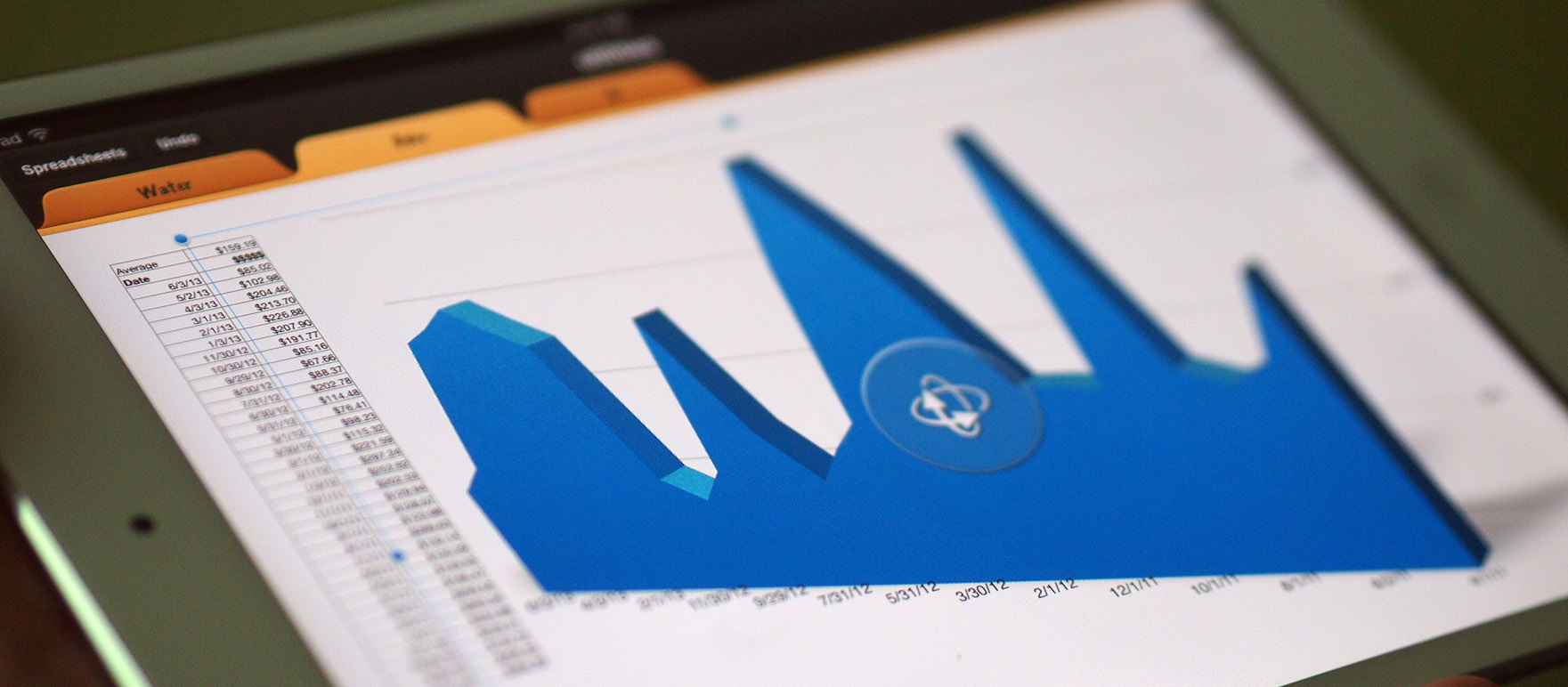

Rene Ritchie iMore
Being always connected doesn't mean that you're always available
A notification goes off. You pick your phone up off your desk. It's the boss. You get her what she needs next-to-immediately, you look like a superstar, and you go back to work. Everyone's happy.
Now if the same thing happens at 2 a.m., maybe you're not so happy. Maybe you'd rather your boss wasn't interrupting your sleep. Maybe your significant other and kids would rather that as well.
Of course, if you've snuck out of the office to take said other and kids to grab a snack or watch a game, and you answer messages so fast and so well that the boss lady doesn't even know you've gone, then you're right back to being happy.
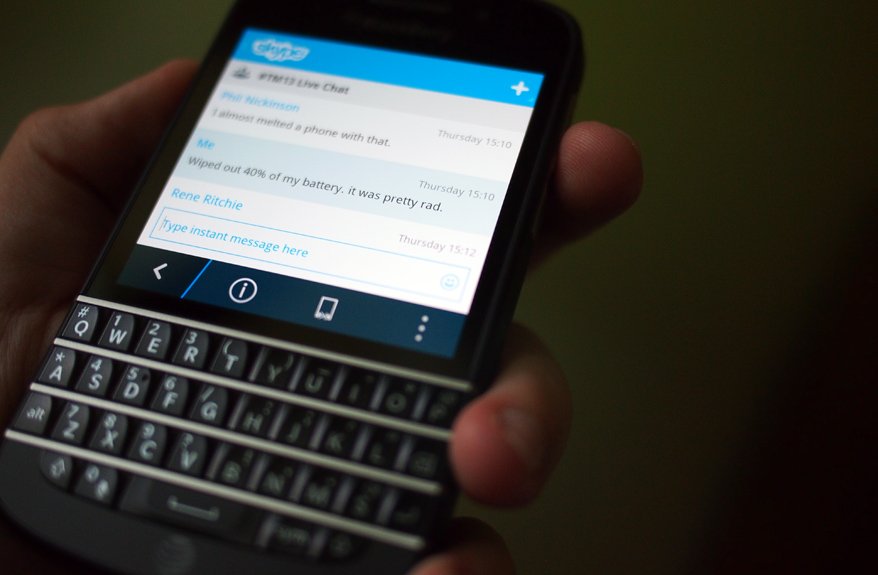
Working from home
The explosion of internet connected devices has resulted in a rapid rise in entrepreneurs working from their own homes, taking on jobs that don't necessarily require a physical storefront or office. As of 2012, there were more than 38 million home-based businesses in the United States, with a new one being started every 12 seconds. These home-based businesses brought in over $425 billion in revenue.
Globally, one out of every five workers frequently "telecommute" — they work for a company with a physical office, but work from home. VPNs — virtual private networks — allow employees remote access to corporate servers, and teleconferencing tools like Skype and Google Hangouts have made it easier than ever to have almost-face-to-face conversations with coworkers from afar. Thirty-four percent of workers surveyed in a 2012 Ipsos/Reuters poll indicated that they would be interested in working from home if provided the option.
That's where we exist today. We can be connected and contacted at any time, by anyone who knows how. Our notification lights or lock screens can be lit up at any time of the day or night, by text or tweet, email or IM, phone call or face chat.
At the office, on the go, in the theater, at the table, on the can, in the act, our phones can beep, buzz, and otherwise make their presence known.
That's the problem with always being online -- people expect you to always be online.
Mute switches, bedside modes, and do not disturbs can help, but notification always has the potential to elevate itself to interruption so quickly that they can actually lose value. Once a light is always lit up, once a buzz ceases to stop, it no longer provide any useful information. That's the problem with always being online — people expect you to always be online.
Luckily, expectation isn't obligation. We teach people how to treat us. We do it every day, based on every acceptance and every refusal. Our partners in life set their own expectations of us, but it's up to us to properly calibrate those expectations.
Ultimately, we control that mute switch, bedside mode, do not disturb toggle, and even the power button itself. Expectations be damned, we're only as available as we allow ourselves to be.
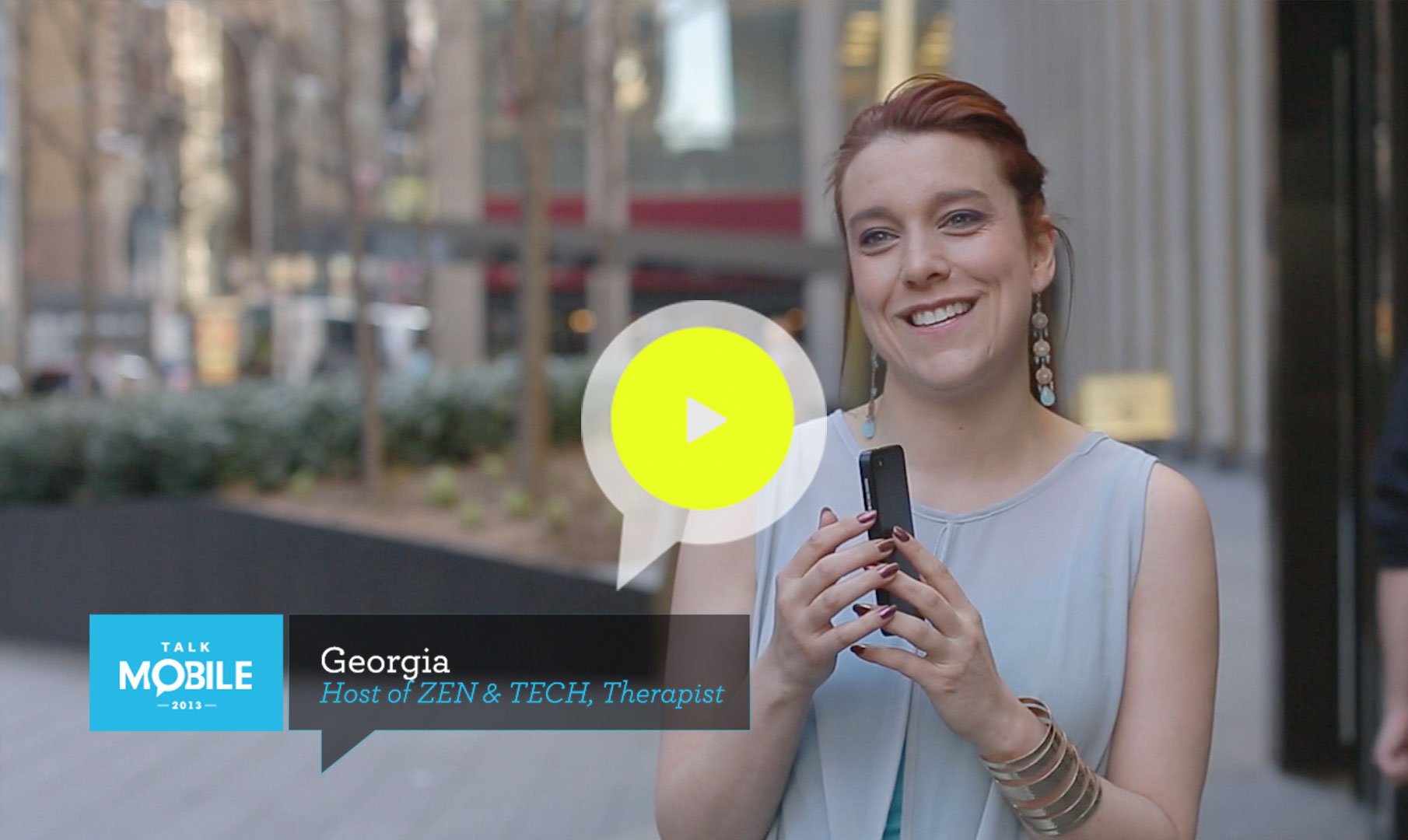

It used to be that you worked an 8 hour day and when you went home you were done.
- Georgia Therapist, Host of ZEN & TECH
Q:
Does being always-connected mean you're always available?
313
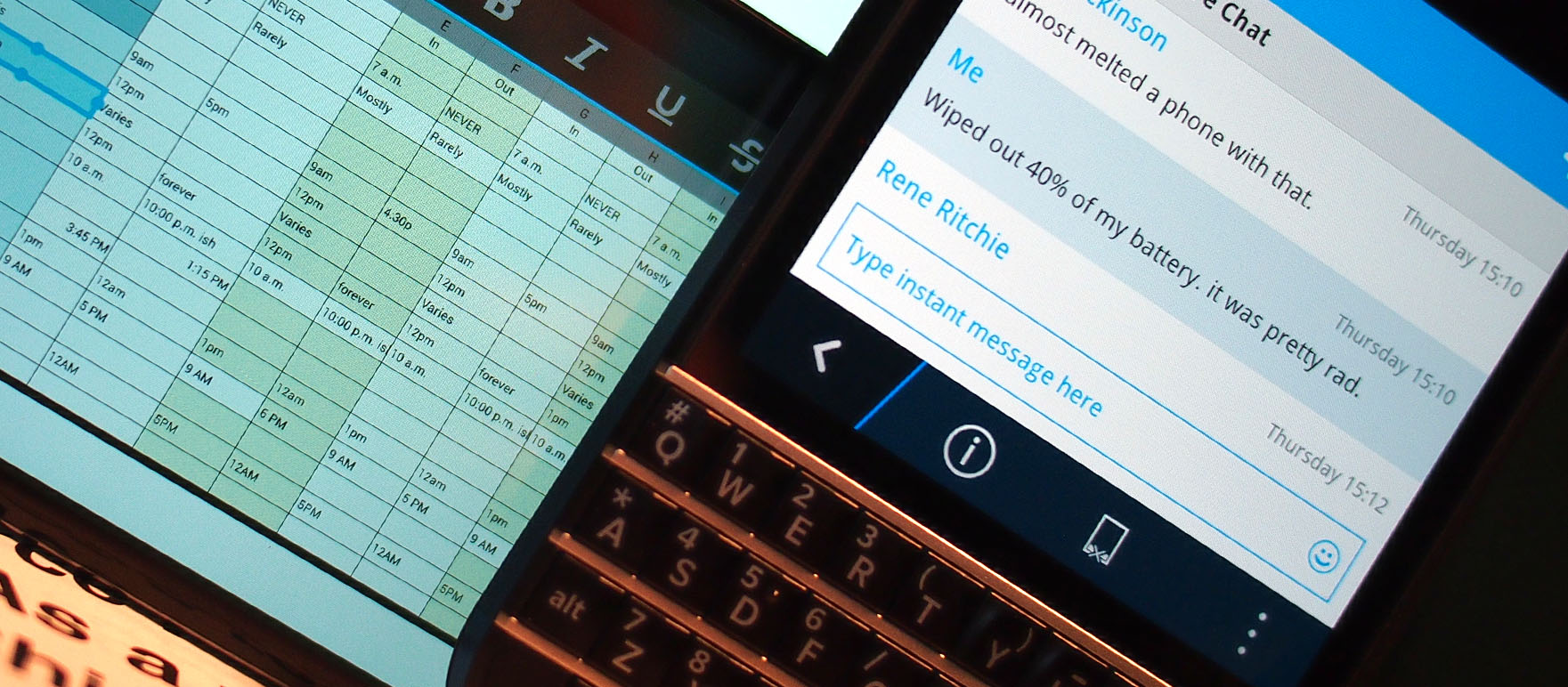

Phil Nickinson Android Central
You don't have to be my friend
There's that moment you get a notification announcing that someone new is following you when your heart jumps through your chest. Or buries itself in a pit in your stomach. "OMG they're following me!" Or, "Crap. They're following me."
It goes both ways, of course. Just because you can follow someone on Twitter, or friend them on Facebook, or circle them on Google+ doesn't mean you should. It's not a new dilemma. And the right thing to do really shouldn't require anything other than common sense.
Should you add your boss? Depends on your job, and your relationship. Would your boss have a problem with any of the pictures you've posted? What about the occasional late-night cocktail-inspired status update?
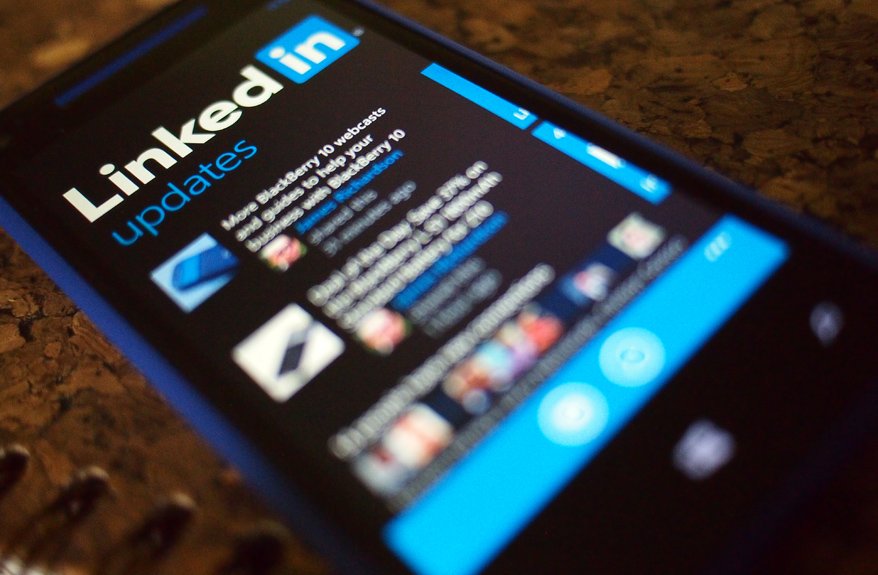
NetworkingIn
Launched in May 2003, LinkedIn has established itself as the leading professional networking social network. Where Facebook is about sharing with your friends and family and Twitter is for broadcasting to the world, LinkedIn is about establishing who you know and what they say about you.
Since its 2003 launch, LinkedIn has notched more than 225 million users across 200 nations. Its next closest competitors are Viadeo and XING, and they trail LinkedIn at 50 million and 10 million users, respectively. LinkedIn is specifically designed to permit introductions to the connections (the network's term for relationships) through a mutual contact, as well as to allow employers to search the network for potential candidates that suit the requirements of their openings.
The "gated access" model of a pre-existing relationship or mutual party introduction is intended to build trust in both LinkedIn and the connections being made.
We've all seen and heard stories from friends (or have our own) in which a bad breakup spills over into the online social world. Or, worse, where the breakup was silently announced with a simple and unilateral defriending.
What about teachers? Should they follow their students online? Should students be that friendly with their teachers?
When in doubt, don't follow. Don't friend.
There's usually no cut-and-dry answer, except perhaps for this: When in doubt, don't follow. Don't friend. Especially if not creating that online relationship keeps a wall in place that might otherwise allow for trouble to cross. Good fences make good neighbors, the adage goes. And it might well be a good thing for your boss or teacher or even some relatives to not see what's in your yard.
One option (and this is one I employ) is to use different social networks for different relationships. I'm public on Google+ and Twitter. Occasionally parts of my private life will get posted there, and that's OK because I choose to do so. Facebook is where my actual friends and family are. (They can follow me on the other networks at their own peril.) That's where they get to see pictures and video of my kids that I might not otherwise want floating around in public.
Now we've moved from fences between individual relationships on social networks to gulfs between the networks themselves. It's still possible to follow at will and keep different parts of your life separate. But common sense still rules. If you wouldn't walk up to that person's door, knock and expect a friendly hug (or at least a handshake), maybe friending isn't in the cards.
Q:
How do you manage friends, family, and work on social networks?
313
Conclusion
Put down the phone. Sometimes it's as simple as that. Managing the distraction of mobile is an unending and ever-increasing struggle. But sometimes that can seem like an abstract concept. We're becoming more and more attached to these devices, slaves to their notifications. There's always somebody at the other end of the connection wanting our attention. Is it important? Is it something completely banal? We won't know until we pick up the phone and look.
But this takes us away from our real lives. The real people in front of us here and now, or the real people that could be in front of us. Can these online relationships be as real and satisfying as the real thing? Are they actually the real thing?
It's a concept that's going to continue to evolve for all of us. So long as we can put down the phone long enough to consider it.

